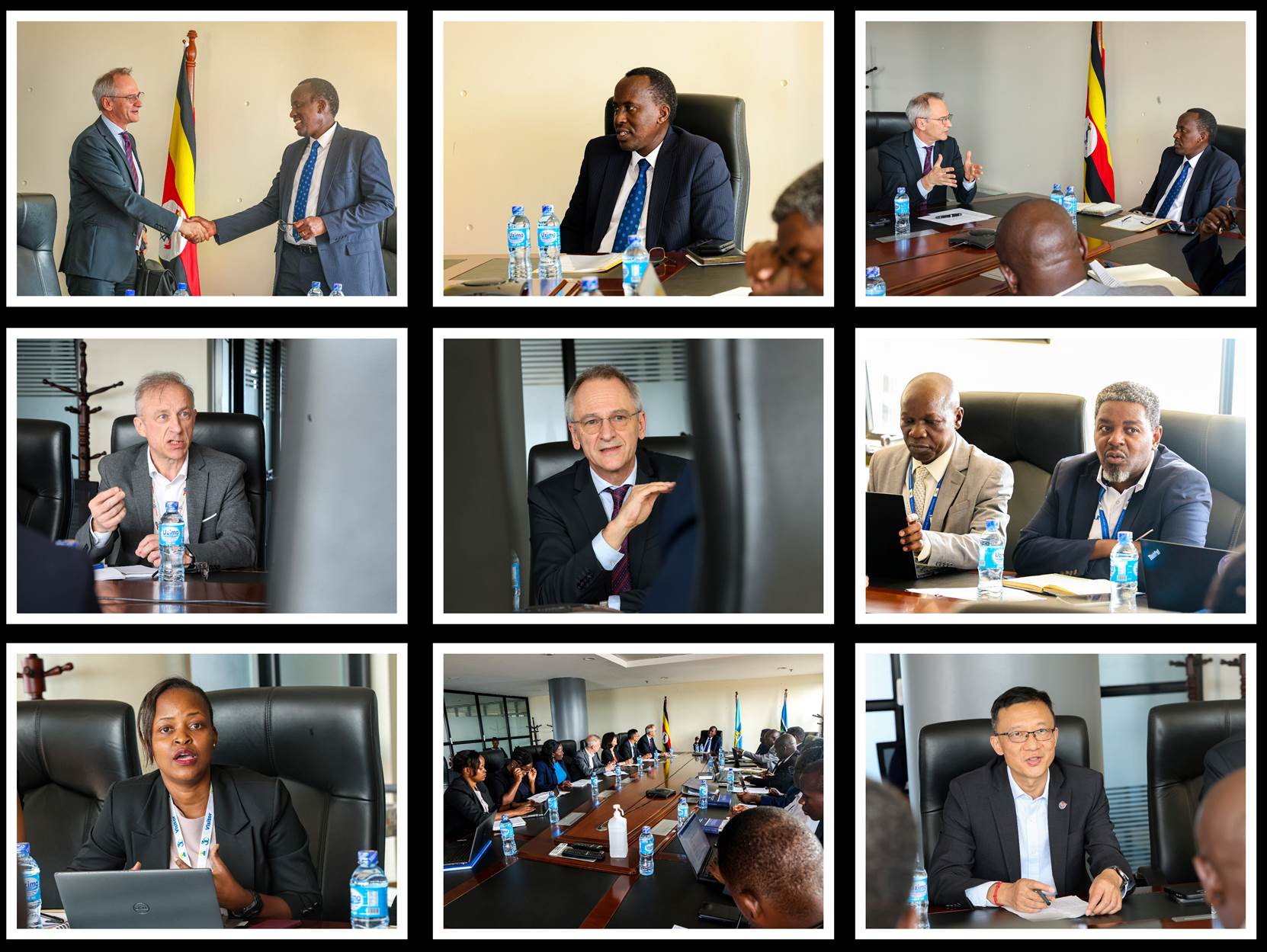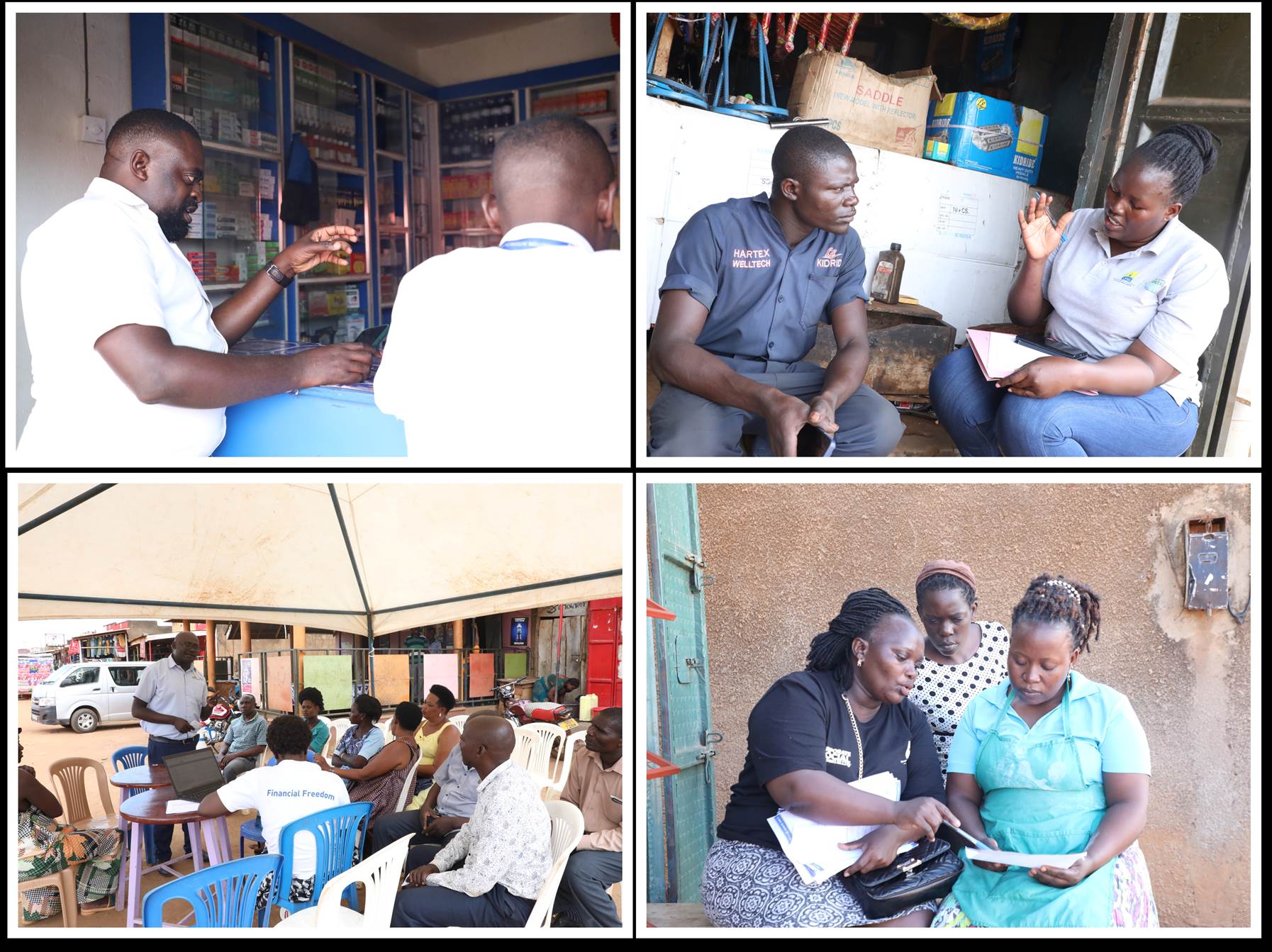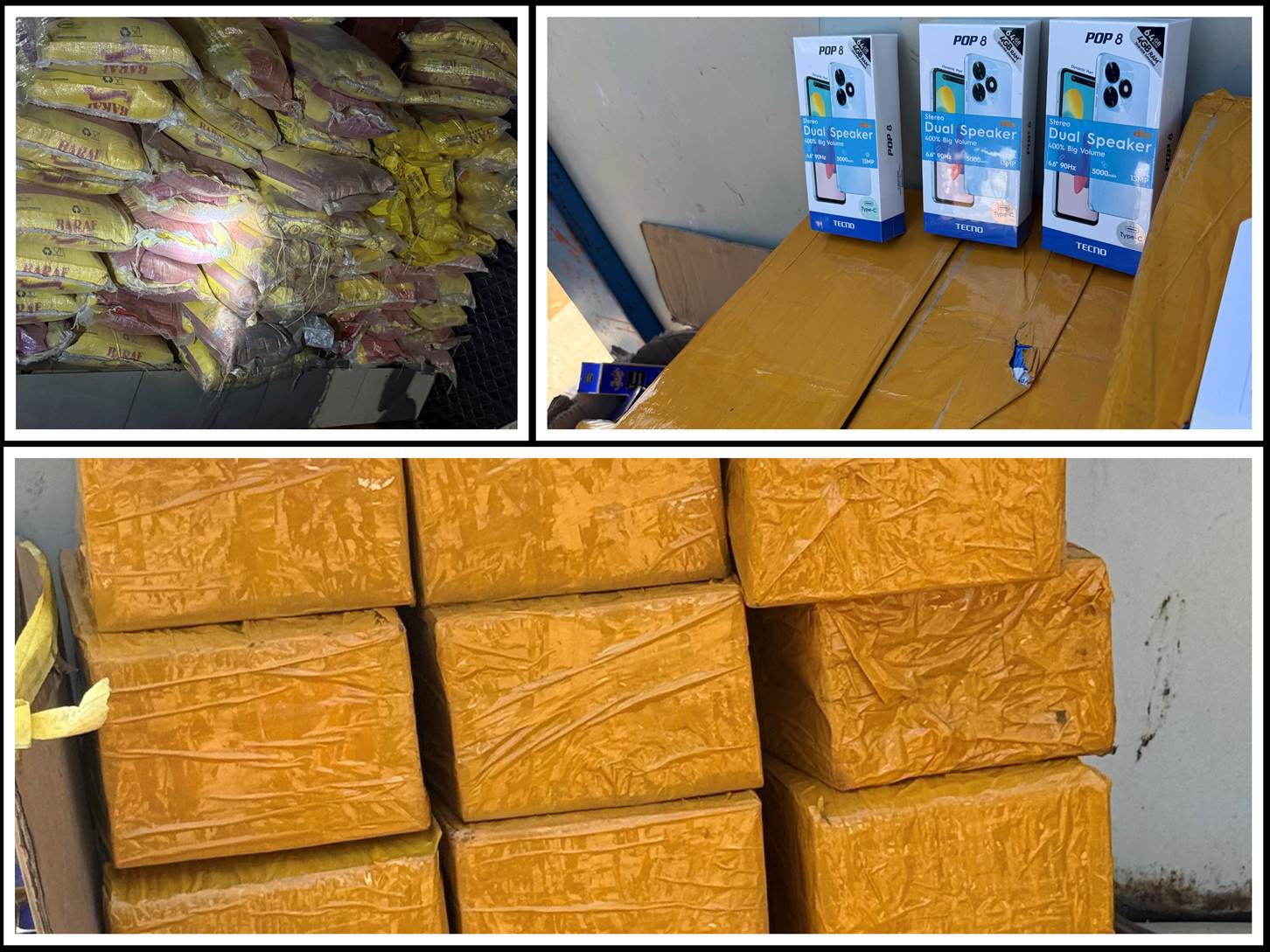By Annet Nantongo and Kamugisha Kabahweza
Women are the backbone of the nation both in nurturing the family and businesses. They go over and above to make sure whatever they touch flourishes.
This role is affirmed in the National Women’s Anthem that calls all mothers and daughters to rise and embrace their duties that spurn around being the backbone of Uganda’s growth.
The energy of unity and expectancy was palpable among the women traders at Tropical Suites in Arua today as they convened to receive and share insights on how to not only make their businesses thrive but also cultivate a healthy tax culture.
The Arua leg of URA’s Annual Women’s Conference was not only a teaching space for URA but also a networking platform for the women to build business partnerships amongst themselves.
Whenever a woman sat down upon entrance, they introduced themselves to their neighbours, shared what business they do and asked the neighbour how they can transact business with each other.
As the regional leadership representative, Clare Sanyu, the URA Stakeholder Relations supervisor for Northern Region, highlighted some of the fruits enjoyed from paying taxes. She also encouraged the women to take-up all opportunities that URA provides towards fostering the business community.
“These spaces are not only for men, they are for all business people. Take all the opportunities provided even as groups or associations so that you improve your trade. Register your businesses and get a TIN so that things work out for you,” said Sanyu adding that, “when women are empowered with information, they thrive. So, chase your dreams and don’t fear falling. It brings lessons to make better business decisions.”
URA CG’s representative, Allen Nassanga, the Ag. Commissioner Risk and Strategy emphasized the need for women to meet their obligations so that their enterprises flourish.
“Please register your businesses and get a TIN, keep proper records and ensure timely return filing and timely payment of the tax due,” noted Nassanga.
She also pointed out some of the common hindrances to business growth such as poor planning, no record keeping, fear of URA, lack of information on business management, and illegal trade such as smuggling, and tax evasion.
She urged the women traders to approach URA because the institution and its staff are all here to serve the taxpayers and ensure that they are listened to.
Mrs Ocanda Carol, the leader for the women in trade in Arua, noted that many times, women don’t value their work and end up calling what they do ‘Nothing’.
“Women are natural leaders because you are the first nurturer for your children, families and businesses. Don’t leave opportunities to the men. If your business is not registered, you cannot compete for supply tenders like the men who are usually fast in registering their businesses,” Ocanda noted.
She added that information highlights available opportunities and also empowers women to know their rights so that they are not bullied in the community.
Women were advised to build relationships and keep records because it helps in confidently selling their business while enabling one to monitor if their operations are healthy or making losses.
Hon. Judith Bako, the Deputy RCC Arua district cautioned women not to use their business income to compete in dressing and beauty with their neighbour because income streams are not equal for all. She urged them to embrace government funding programs such as GROW.
“Don’t be selfish to fellow women, share the knowledge you have on how to package businesses and also opportunities with other fellow women,” added Hon. Bako.
Muni Girls secondary school headmistress, Grace Draru Manasseh urged the women to train the girl child in managing businesses so that there’s continuity of business in the country.
“Education is beyond class work and spreads towards practical skilling and vocational training in aspects such as business management,” noted the Draru.
While calling for more tax education opportunities that are centred on empowering women with tax information, the women’s feedback from the sessions noted that the lessons shared from this conference have empowered them to interact with URA officials.
“I have been struggling to understand why URA officers slap us with assessments that are way above even our business capital. But with the illustration on income tax for different presumptive thresholds, I am now empowered to engage the officers on these assessments,” noted a woman trader in attendance.










